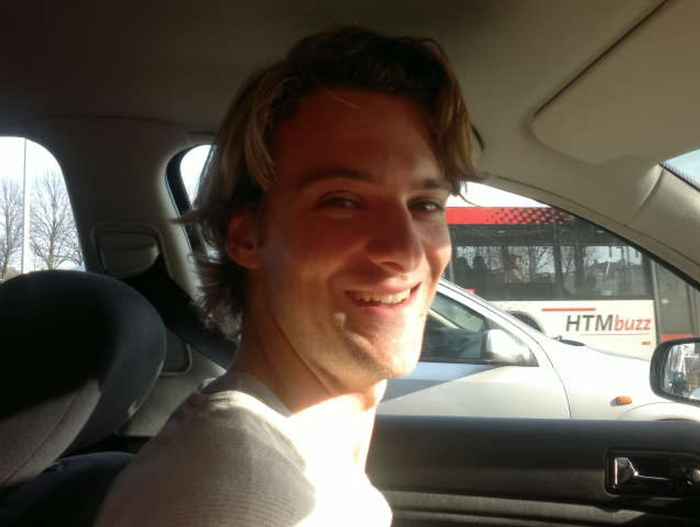PhD student Kees de Graaf

What is the most challenging of your work?
It’s a challenge to be the first. No one has done this kind of research before. Everything is done for the first time and it’s hard to predict what the outcome will be. The research is for the ING, but the ING does not constantly gives directions. It’s your own responsibility to find a way.
Was it your ambition to be a PhD student?
If you’re studying theoretical math you don’t see the effects of your work immediately. Now with this PhD I can see the effects it has. There is a direct link with the industry. It is applied science; the research you do is useful. Science is more fun than you think.
What do you like most about Computational Science?
In computational science we experiment a lot. Everything has to be tested. We have a nice group of people we work with.
What would you say is an impediment in Computational Science?
Within the field of computational Science there are not enough specialists; people who know everything of a certain area. It’s an upcoming field of science, which means that there is not a frame to hold on to. There are not many people who do the same as we do. That’s why an expert in our line of research is hard to find.
What does Computational Science offer you more than mathematics?
Some of my former classmates now work for the ING. The work on the risk department and mostly are validating products and looking at excel sheet all day. To me it seems boring. Doing experiments and solving problems are to my opinion much more challenging.